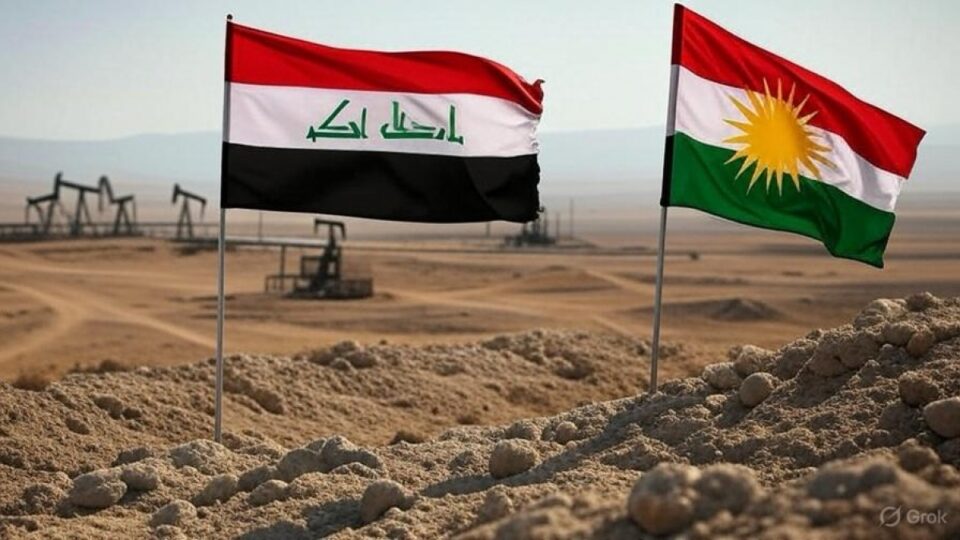Follow Sema
Iraq’s oil revenues would fall to nearly zero if the Strait of Hormuz is closed, warned an energy expert, calling for immediate action to resume oil exports through the Kurdistan Region’s pipeline to Turkey.
Speaking to BasNews, Dr. Govand Sherwani said about 95% of Iraq’s oil exports are shipped via the Arabian Gulf. “If the Gulf route and the Strait of Hormuz are closed, it will create a major problem for Iraq, and its revenue will approach zero,” he said, noting that the only overland alternative — a route to Jordan — carries only around 100,000 barrels per day and is sold at heavily discounted prices.
Sherwani argued that the only viable alternative is to restart exports via the Iraq–Turkey pipeline through the Kurdistan Region to the port of Ceyhan.
“The pipeline has the capacity to export up to one million barrels per day. Although this is less than Iraq’s daily export of 3.3 million barrels, it will undoubtedly serve as a critical alternative,” the expert said.
He criticized the delay in resolving the dispute between the Kurdistan Regional Government (KRG) and the federal government, saying Iraq should have taken steps long ago to resume exports through Ceyhan due to repeated instability in the Gulf.
“The closure of the Strait of Hormuz could push oil prices above $100 per barrel, as 30% of the world’s oil passes through it,” Sherwani warned. “Iraq must act quickly and solve this issue—it’s just a matter of political will.”
Kurdistan’s oil exports have been halted since March 25, 2023, after a ruling by the International Chamber of Commerce in favor of Iraq against Turkey. The decision forced Turkey to stop allowing the KRG to export oil independently, cutting off about 400,000 barrels per day from international markets.
The halt escalated long-standing disputes over natural resource management between Erbil and Baghdad. The federal government insisted all exports must go through its State Oil Marketing Organization (SOMO), while the KRG defended its right to manage oil under regional laws. The standoff has had severe financial consequences for the Kurdistan Region, including delayed salary payments and growing unrest.
Throughout 2024 and into early 2025, Baghdad and Erbil negotiated new mechanisms to integrate Kurdish oil exports into the federal system. The Iraqi parliament passed amendments offering the KRG $16 per barrel to cover production and transport costs, while requiring deliveries to SOMO and third-party auditing.
While technical and legal arrangements were completed by February 2025, exports have yet to resume due to Turkey withholding final approval, citing unresolved technical and commercial issues. Baghdad, meanwhile, continues to withhold parts of the KRG’s budget, claiming the Region has not fully met its obligations.
Sherwani urged immediate resolution. “The obstacles are no longer technical—they are political,” he said. “If Iraq waits until a regional crisis shuts down the Strait of Hormuz, it will be too late to act.”

